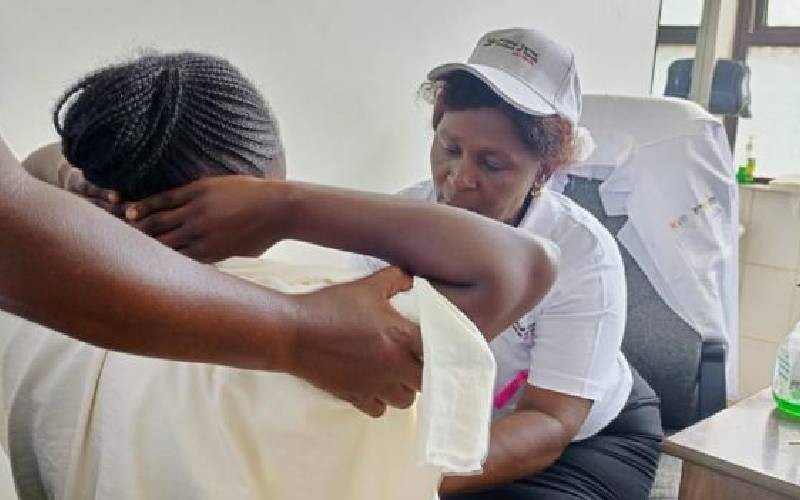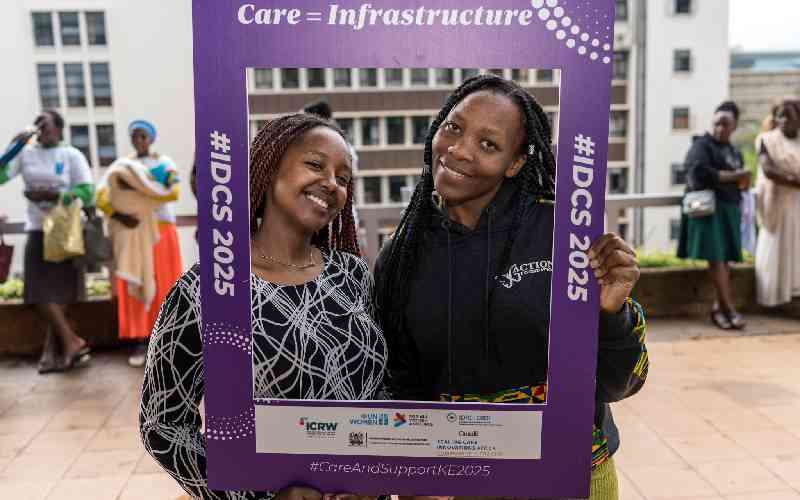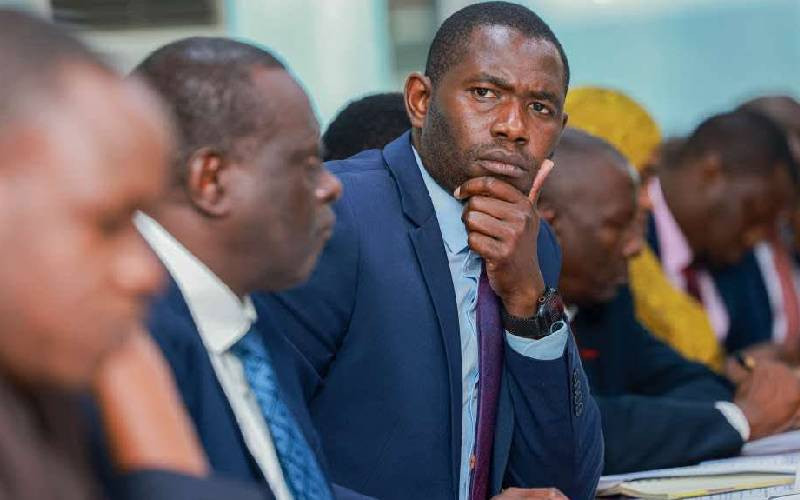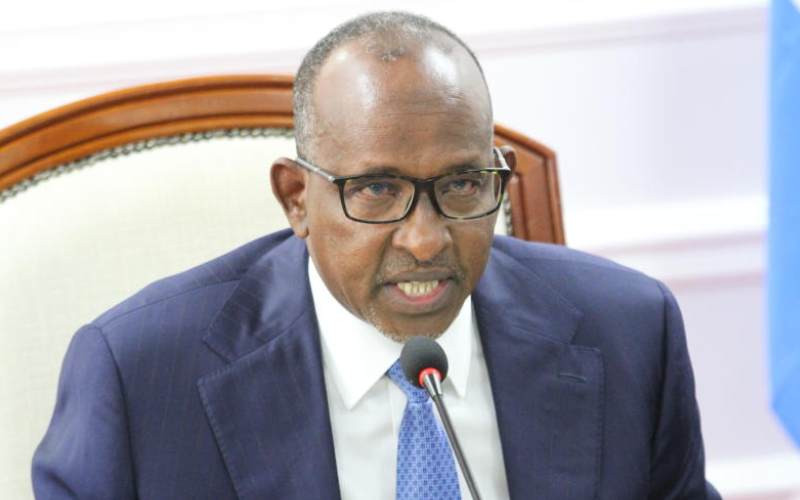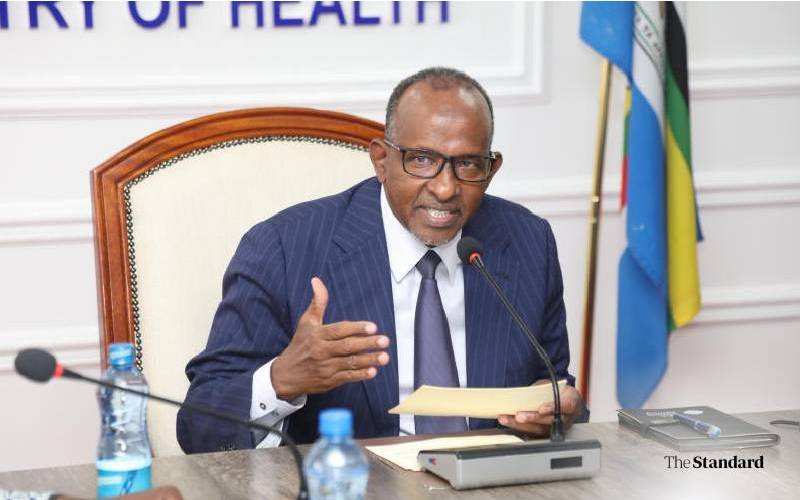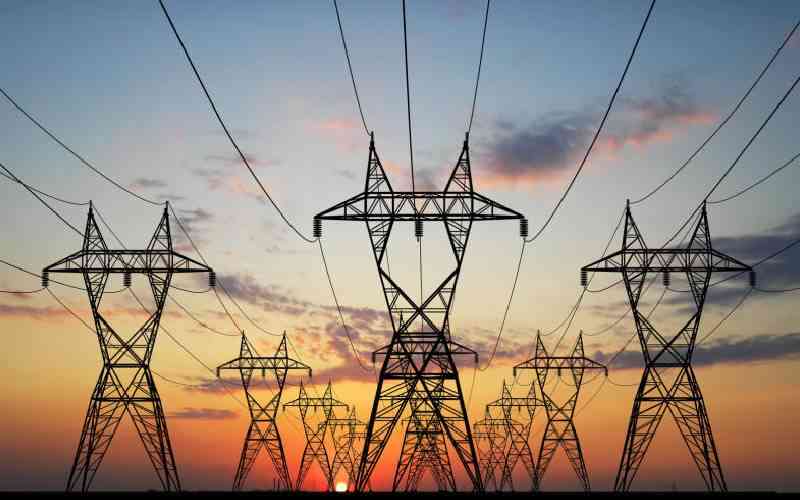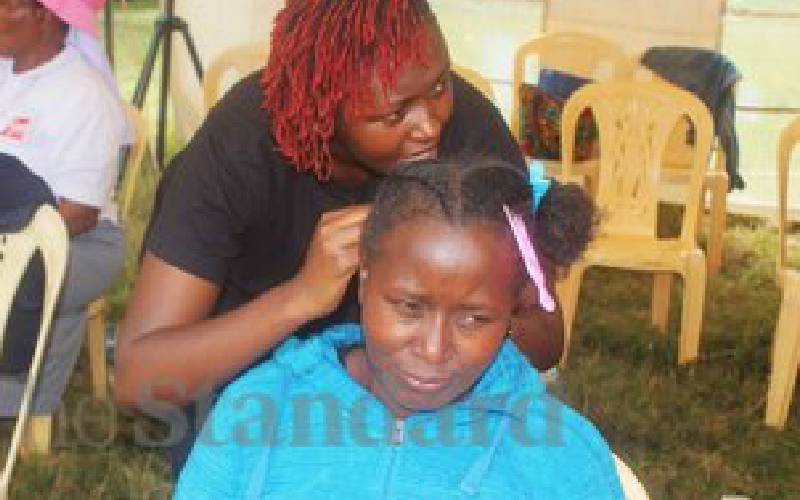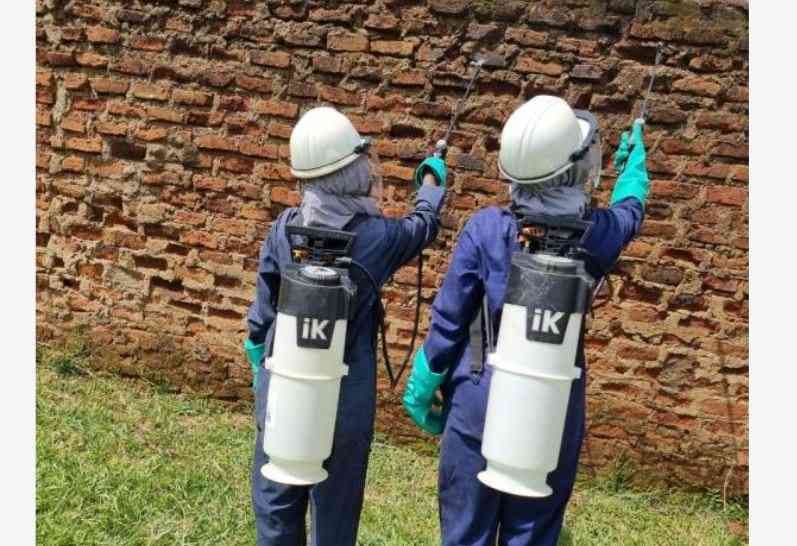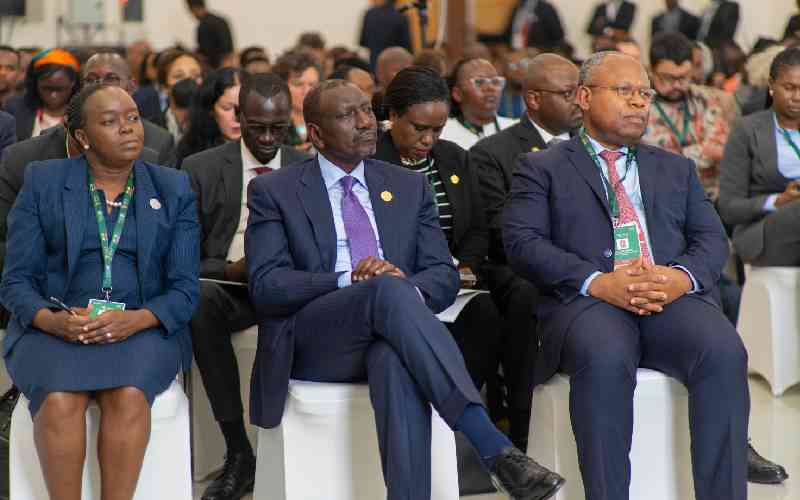
Calls for climate investment—not aid—dominated the opening of the Second Africa Climate Summit in Ethiopia.
Leaders warned that shrinking development assistance threatens Africa’s adaptation efforts and urged the world to channel capital into renewable energy, food security, and resilience projects.
Africa accounts for just 4 per cent of global emissions but faces the steepest costs of climate damage. The African Union Commission estimates the continent needs $1.3 trillion annually for adaptation alone.
However, current pledges cover less than a quarter of the required funds, leaving governments with widening financing gaps.
“Development assistance is shrinking,” said President William Ruto. “This strengthens our resolve to design, finance, and drive our own future. But the global system must open space where Africa’s climate, business, and development goals converge.”
Ethiopian Prime Minister Abiy Ahmed emphasized that Africa must be seen as a hub of solutions.
He cited Ethiopia’s Green Legacy Initiative—which has planted 48 billion trees since 2019—as proof that local action can deliver global climate benefits.
“We ask our global partners not to fund us because we are impacted, but to invest with us because we are visionary,” Abiy said. He proposed an African Climate Innovation Compact to mobilise 1,000 homegrown solutions by 2030 across energy, agriculture, water, and transport.
AU Commission Chair Mahmoud Ali Youssouf said the continent cannot depend on fragmented aid packages when its priorities—smart agriculture, biodiversity, and clean energy—require stable, large-scale financing.
“The vulnerability of our countries, caused by climate change, debt burden, and structural inequalities in the international financial system, must be redressed through climate justice and genuine cooperation,” he said.
The shift in tone from aid to investment builds on the 2023 Nairobi Declaration, which framed climate action as a driver of economic transformation rather than a burden.Ruto said Africa’s voice is now stronger in global forums, with projects ranging from clean cooking to direct air capture emerging across the region.
“Our economies, our weather systems, and our very survival are interconnected,” he said. “Only through bold, united, and sustained collaboration can we avert climate catastrophe.”
Africa’s natural assets make a strong case for investment. The continent hosts the world’s fastest-growing solar belt, vast deposits of transition minerals, and the last intact carbon sinks in its forests and wetlands.
Analysts say these resources, if harnessed responsibly, could position Africa as a leader in the global green economy.
Despite its potential, Africa receives only 12 per cent of global climate finance flows, according to the Climate Policy Initiative. Between 2020 and 2022, annual climate finance to Africa ranged around $30 billion—far below the $277 billion required each year through 2030 to meet Paris Agreement targets.
At the same time, aid budgets in Europe and North America are declining. The OECD reported that while total aid rose modestly in 2023, allocations to Africa fell in real terms, squeezed by donor domestic crises and competing geopolitical priorities.
Leaders noted that the solution lies in attracting long-term capital.
They pressed for reforms of international financial institutions to lower Africa’s borrowing costs, which remain three times higher than rates for wealthier countries. Ruto emphasized that global markets must open to African value-added goods and carbon credits—“not just extract raw materials.”
Several governments presented case studies to show that investment delivers returns.
Ethiopia’s Grand Renaissance Dam, nearing completion, will add over 5,000 megawatts of renewable power, benefiting both Ethiopia and its neighbors.
Kenya highlighted its Accelerated Partnership for Renewables in Africa (APRA), linking green energy with industrialisation. Across the Sahel, solar farms and decentralized grids are already bringing electricity to off-grid communities, cutting diesel imports and boosting local enterprise.
But leaders warned that scaling such initiatives requires predictable financing.
“What is proposed to Africa is $300 billion under private-sector terms. This is far from sufficient,” Youssouf said. He called for an international loss and damage fund with direct, fair, and accessible financing for vulnerable countries.
The summit set the stage for Africa’s position at the UN climate talks in Belém, Brazil, later this year. Leaders said they would present a united front that stresses Africa’s role as a solutions provider rather than a victim.
Ethiopia announced its candidacy to host COP32 in 2027, positioning Addis Ababa as a hub for Africa’s climate diplomacy.
Observers noted that while rhetoric has shifted, the challenge will be turning declarations into bankable projects.Climate economists argue that Africa must also mobilize domestic resources, strengthen governance, and create regulatory certainty to attract global capital.
Ruto acknowledged the internal task ahead. “More must be done, including mobilizing African institutional capital, investing in knowledge, and improving governance. These are the foundations of resilience.”
Across Africa, the human costs of climate change are mounting. In 2024 alone, floods displaced more than 2 million people in East Africa, while prolonged droughts in the Horn pushed 23 million people into food insecurity, according to the UN Office for the Coordination of Humanitarian Affairs.
Such figures proved the urgency leaders sought to convey in Addis.
“Africa did not cause this crisis, yet Africa can lead in solving it,” Abiy said.
“This is not charity. It is the most strategic investment humanity can make.”
 The Standard Group Plc is a multi-media organization with investments in media
platforms spanning newspaper print
operations, television, radio broadcasting, digital and online services. The
Standard Group is recognized as a
leading multi-media house in Kenya with a key influence in matters of national
and international interest.
The Standard Group Plc is a multi-media organization with investments in media
platforms spanning newspaper print
operations, television, radio broadcasting, digital and online services. The
Standard Group is recognized as a
leading multi-media house in Kenya with a key influence in matters of national
and international interest.

